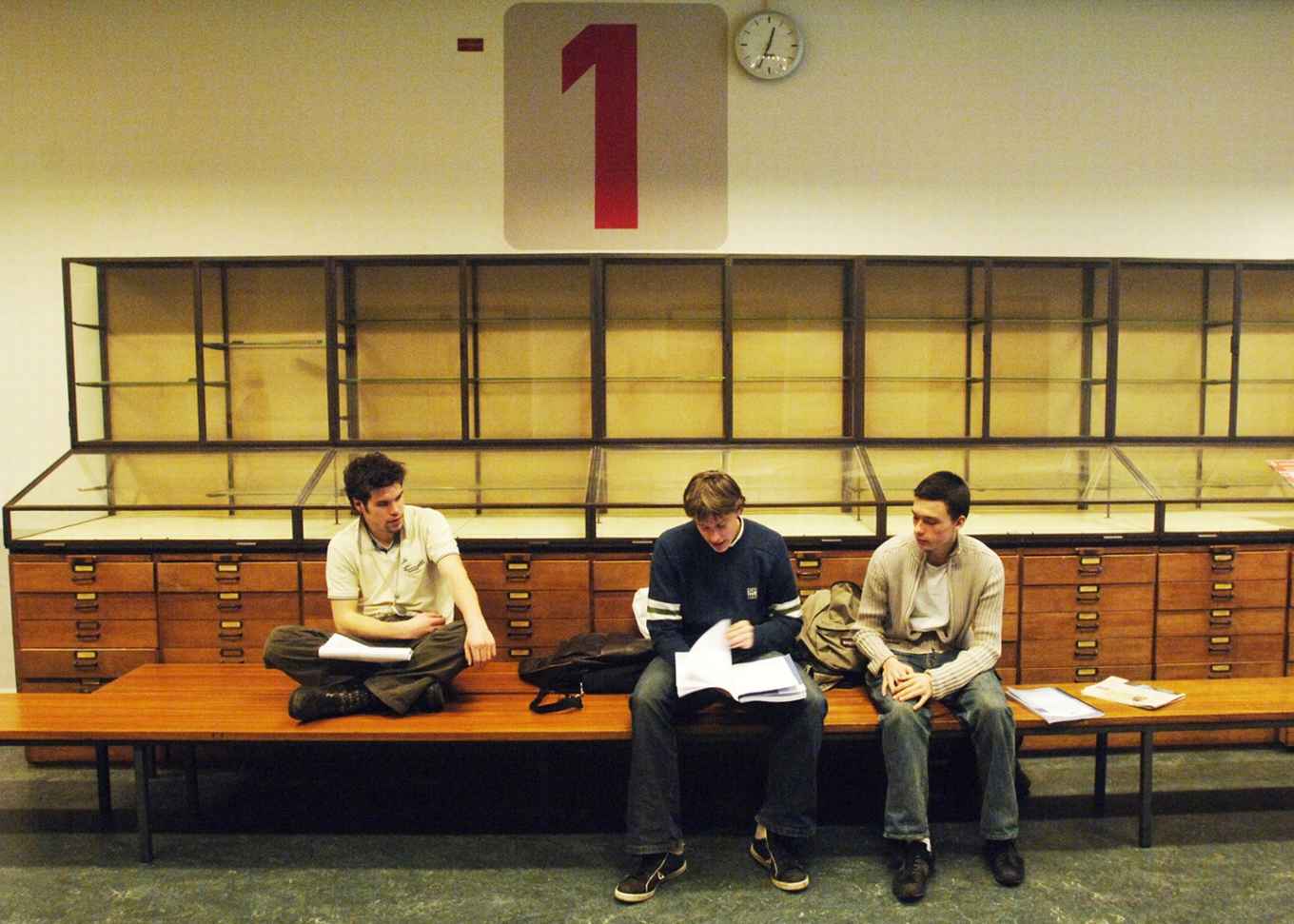Everyday acts of cooperation around the world
1 September 2021

A new study published in Proceedings of the National Academy of Sciences (PNAS) explores this question, by studying such social mindfulness around the world. The team was headed by Niels van Doesum (Leiden University) and includes C-Lab’s Chris Reinders Folmer.
The study presented participants with a series of choices, in which they could pick one of three similar items (e.g., pens of the same type, in different colors), and leave the remainder for another participant to choose from. Two of the items were identical (e.g., blue pens), while one was unique (e.g., a green pen). The study examined how frequently people selected the duplicate item (e.g., the blue pen), and thereby allowed their partner to choose (e.g., between a blue and a green pen). Leaving choice to another is an example of a small, low-cost, everyday act of cooperation. By examining people’s tendency to do so across many different choices (involving a range of items), the researchers could measure participants’ social mindfulness. With this paradigm, samples were collected in 31 countries and regions from around the world.
The results firstly revealed that social mindfulness differs substantially around the world. The lowest levels were observed in Indonesia, while the highest occurred in Japan. Moreover, the study revealed a number of factors that contribute to social mindfulness. At the individual level, people’s trust in others and their prosociality were shown to predict greater mindfulness of others. Furthermore, the study revealed several features of the country that contributed to greater mindfulness, including environmental and economic performance, rule of law, and (low) religiosity. From these results, the authors speculate that social mindfulness may be seen as an expression of social capital, which helps to diminish the costs of formal coordination.
Although the project does not focus directly on legal questions, social mindfulness has important connections to these: for example as a feature of ethical climates, or as an aspect of sensitivity to litigants’ relational needs. Furthermore, its international approach aligns with C-Lab’s other cross-national projects (e.g., on lawyers’ behavioral intuitions, and on compliance with COVID-19 measures). Future research will further explore the foundations of differences in social mindfulness. The link with the rule of law will be of particular interest for the Center.